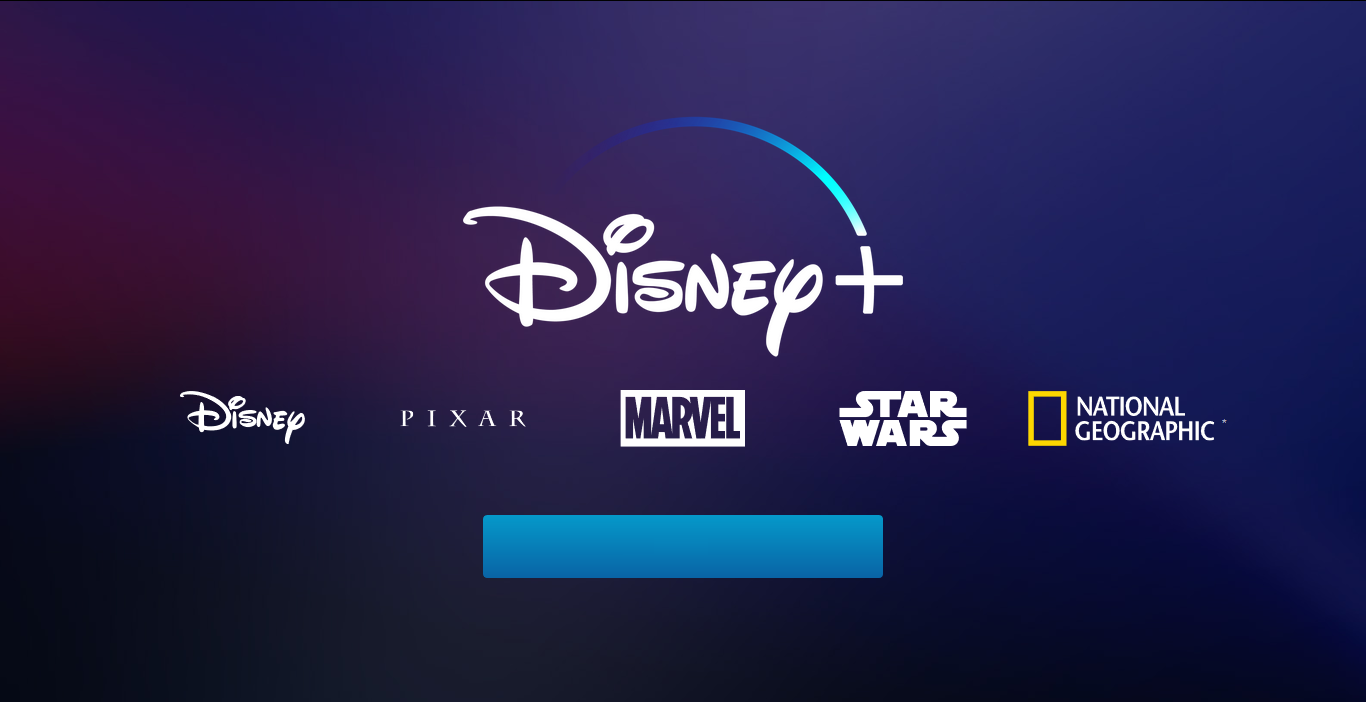In November, the online streaming industry will suffer another shock. The entertainment company Disney will release its own streaming service in the United States, entering the competition for viewers time. With its strong fan base and brand awareness, Disney+, as the platform is called, will disrupt an already crowded market. By paying only $6.99 a month, or $69.99 per year, subscribers will be able to access Marvel, Pixar, National Geographic and Disney’s original content. Right now, Netflix could be the biggest loser.
In this business, more competition means platforms will have to step up their contents’ quality or go into oblivion. Users are not willing to spend endlessly on entertainment. According to a survey by Business Insider, the average viewer in the United States will not pay more than $38 a month for streaming services. Most of the respondents only subscribed to two or three platforms. So, which company will disappear and why is Disney entering the game?
Bob Iger, Disney’s CEO, has spent the last four years planning Disney’s grand entrance into the streaming world. In 2015, he experimented with the app DisneyLife, which offered old Disney content, but its success was very limited. To control its own technology, in 2016, Disney paid $1 billion for a stake in the streaming video company BAMTech, and in 2017, it paid another billion and a half to up its control of the company while Disney announced the creation of its own streaming platform. Just last year, Disney bought 21st Century Fox, increasing the amount of content it can actually offer in its service.

For now, Disney+ aims to be a platform for families, without R rated content. With this strategy, Disney may not be competing with HBO, but it will definitely prove an obstacle for Netflix; especially because Disney also owns Hulu (more on Hulu below.) Moreover, Disney will also produce new shows and movies every year, while featuring its traditional content. Only in the first year, Disney has said it will offer 25 original shows and 10 new movies. It is not surprising that the company expects to have 60 to 90 million subscribers by 2024.
With 159 million subscribers worldwide, 62 million in the US, Netflix remains the most popular platform. But the Los Gatos-based company increased its subscription fee this year to sustain its ad-free service. Now, the basic Netflix plan costs $8.99—two more dollars than what Disney+ is planning to sell for, and three more than Hulu’s cheapest option. Netflix offers original shows, children movies, and third-party content, and Disney will prove a formidable competitor for the latter two. Furthermore, with Disney pulling its massive content from Netflix, some viewers will likely find it less attractive and migrate to the new platform.
Amazon Prime Video is just behind. The online retail company has 101 million subscribers in the United States and more than 26 million of them use the video service. Their content is also general and thus it competes closely with Netflix and Hulu. But Amazon Prime Video has an advantage over Netflix—the support of the biggest online store in the world. Its business does not depend solely on the number of subscribers that watch the shows.
Finally, there’s Hulu, which in 2018 reached 25 million users in the United States. For only $5.99, viewers can watch shows like The Handmaid’s Tale with ads, making it the most affordable platform. For six dollars more, $11.99, they can subscribe to the service without ads. Since Disney bought 21st Century Fox, Iger’s company now controls the platform. Between the family-focused Disney+ and the generalist Hulu, the cheapest services in the market, Disney could replace Netflix in the long-term future.
For Disney, Disney+ has been an expensive enterprise, but with its 95% brand awareness, the company could soon recover its losses. Whereas HBO is more centered on adult quality content and Amazon Prime Video has the advantage of being bundled with Amazon, Netflix remains weaker, depending solely on its original content. Its target audience is the same as Hulu’s and Disney’s, and its main revenue comes from subscriptions.
For now, Netflix has a higher market share and is present in millions of homes. But Disney is a powerhouse, and with its publicity, its unlimited content and its huge fan base, it could decimate Netflix. In the very long-term, Disney could force it to become a content producer that distributes through third-party platforms, unless the Los-Gatos-based company surprises us as it has done in the past.


This is very nice and helpful article.
The power of the Globalization increases in a unstopable and disturbing way
Why do you find it disturbing?
Are there Chinese competitors?
Even if they are currently only for China
And India? NetBollywood?
I agree with the population growth in these countries, the future is after them
Definitely, Disney could be king of online streaming content, Cause Disney all ready launch there some original web series on their own streaming platform, Netflix have to change their strategy to maintain their market share.
El crecimiento de Disney es lógico teniendo en cuenta que sus películas, series y dibujos son de muy buena calidad y entretenimiento tanto para mayores como pequeños.
La batalla esta dificil pero Disney tiene buenas listas. The mandalorian es una que vi en Pelis Ultra vamos a ver si aparecen mas.